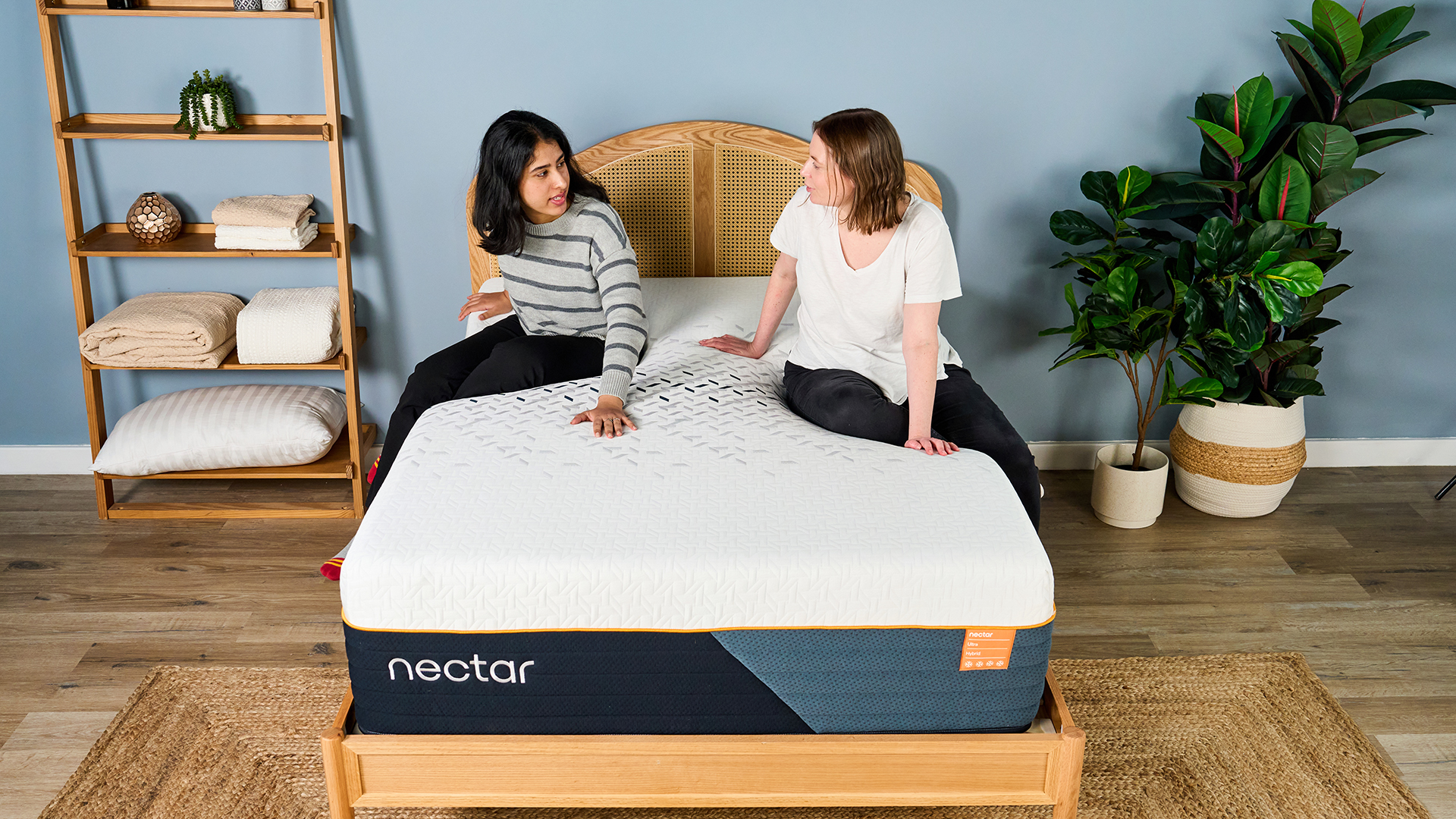Best student computer in 2025: our top picks tested and rated
The best student computers in a range of prices and styles
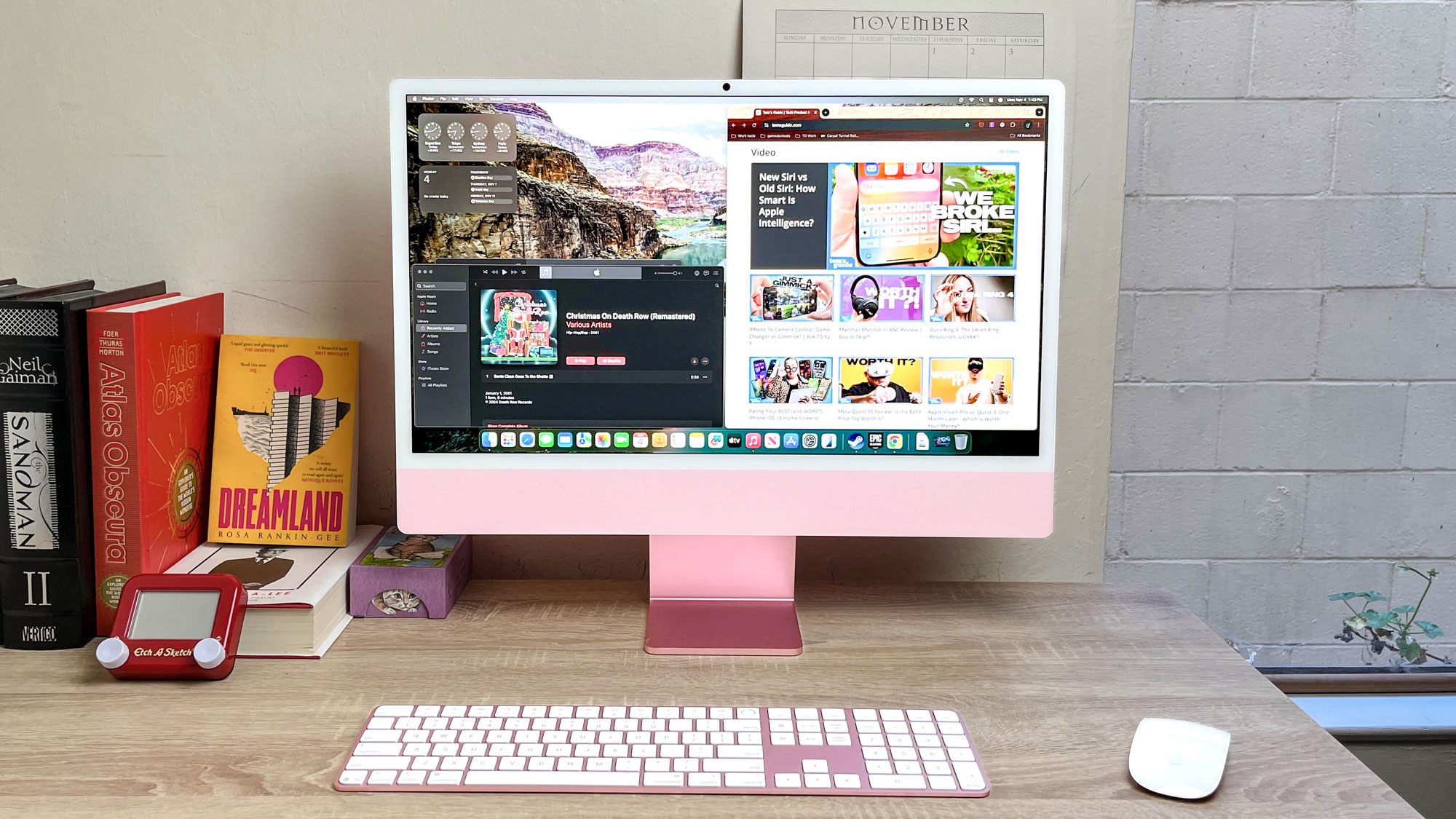
Finding the best student computer can feel as daunting as preparing for finals. Every student has different needs and budgets, which is why my team and I have rounded up some of our favorite computers we've reviewed across a range of prices.
Whether you want a Windows 11 PC, a Mac, a svelte all-in-one computer or a big beefy gaming PC, we're here to help find the right computer for you. I generally recommend the Apple iMac M4 as the best student computer for most because it packs enough power for most schoolwork, plus it looks and sounds great.
If you'd rather have a portable machine for school, consider the MacBook Air M3 for its unbeatable combo of price, performance and portability. For those who prefer a Windows laptop, I recommend the Microsoft Surface Laptop 7 because it gives you everything you need for $999 to start.
For an even broader range of options, don't forget to check out our guides for the best student Chromebooks and the best MacBooks for college students. That said, let's check out the best student computers you can buy right now.
The quick list
Here's a quick overview of the best student computers you can buy right now based on our testing and reviews.
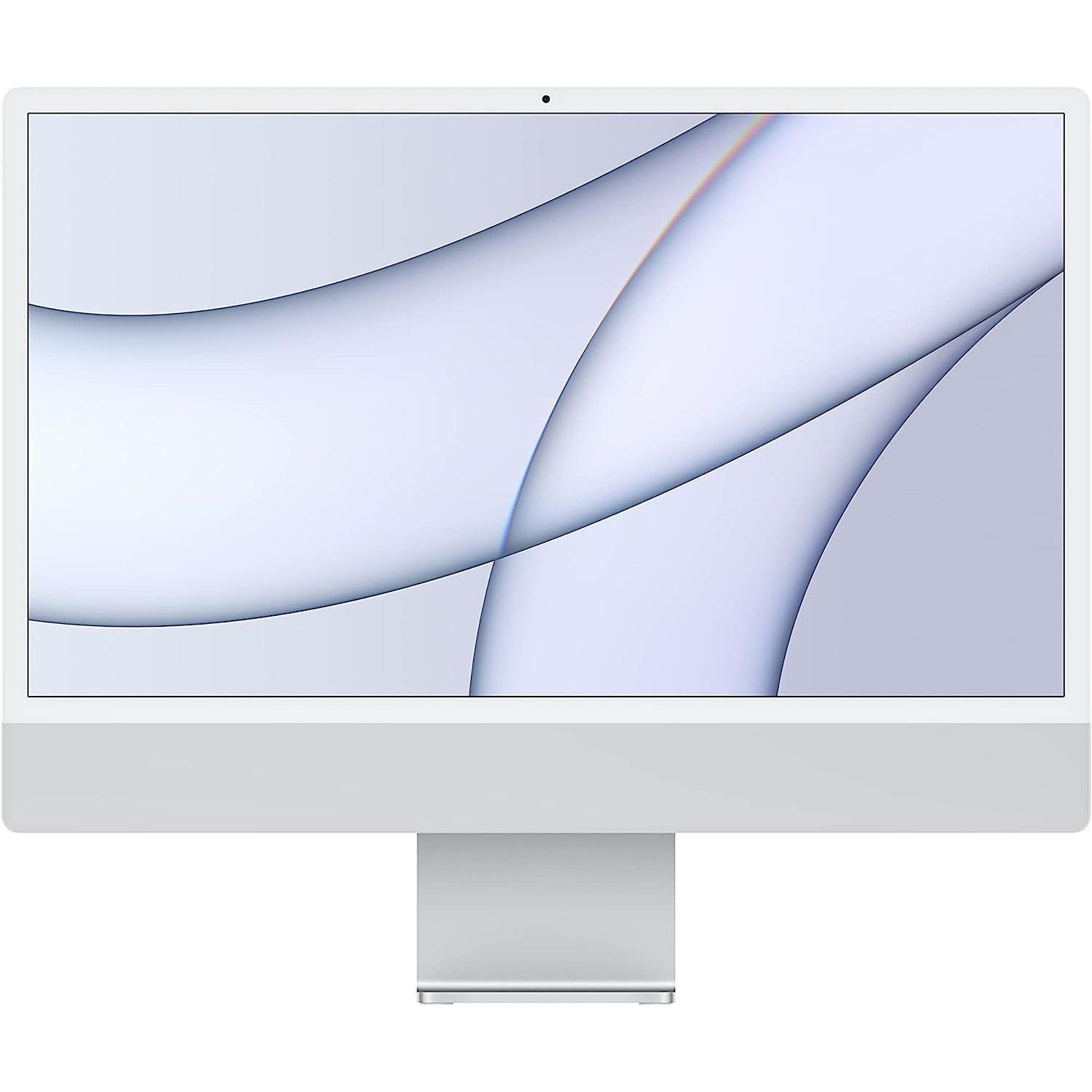
The Apple iMac M4 is the student computer we recommend most because it's capable enough to handle schoolwork, offers a great display, speakers and webcam and looks great on a desk.
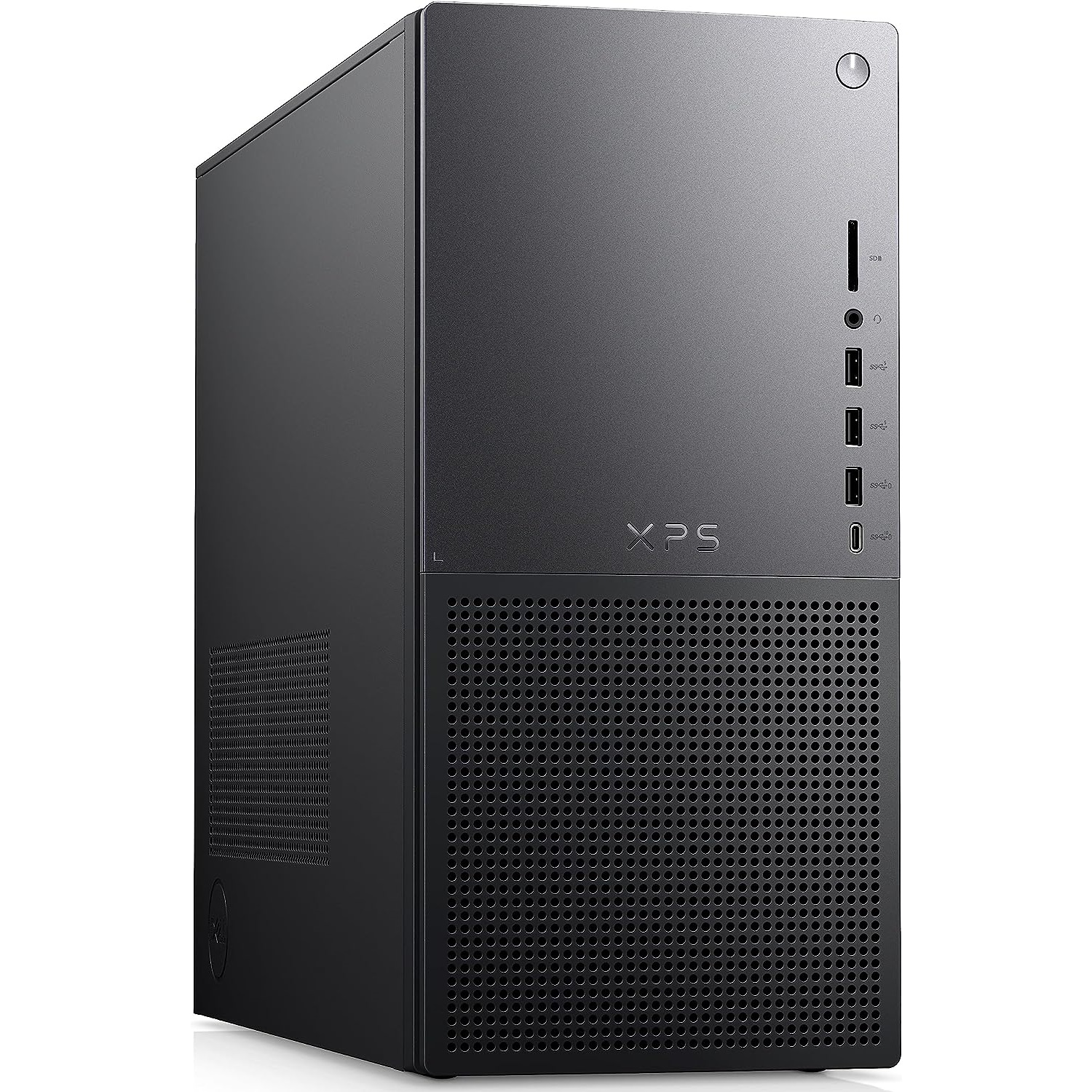
The Dell XPS 8960 looks like an office computer, but it's really a gaming PC in disguise. This boxy beige or black tower blends right in with '90s office decor, yet beneath the unassuming exterior, you'll find powerful specs. This is a great Windows PC for students.
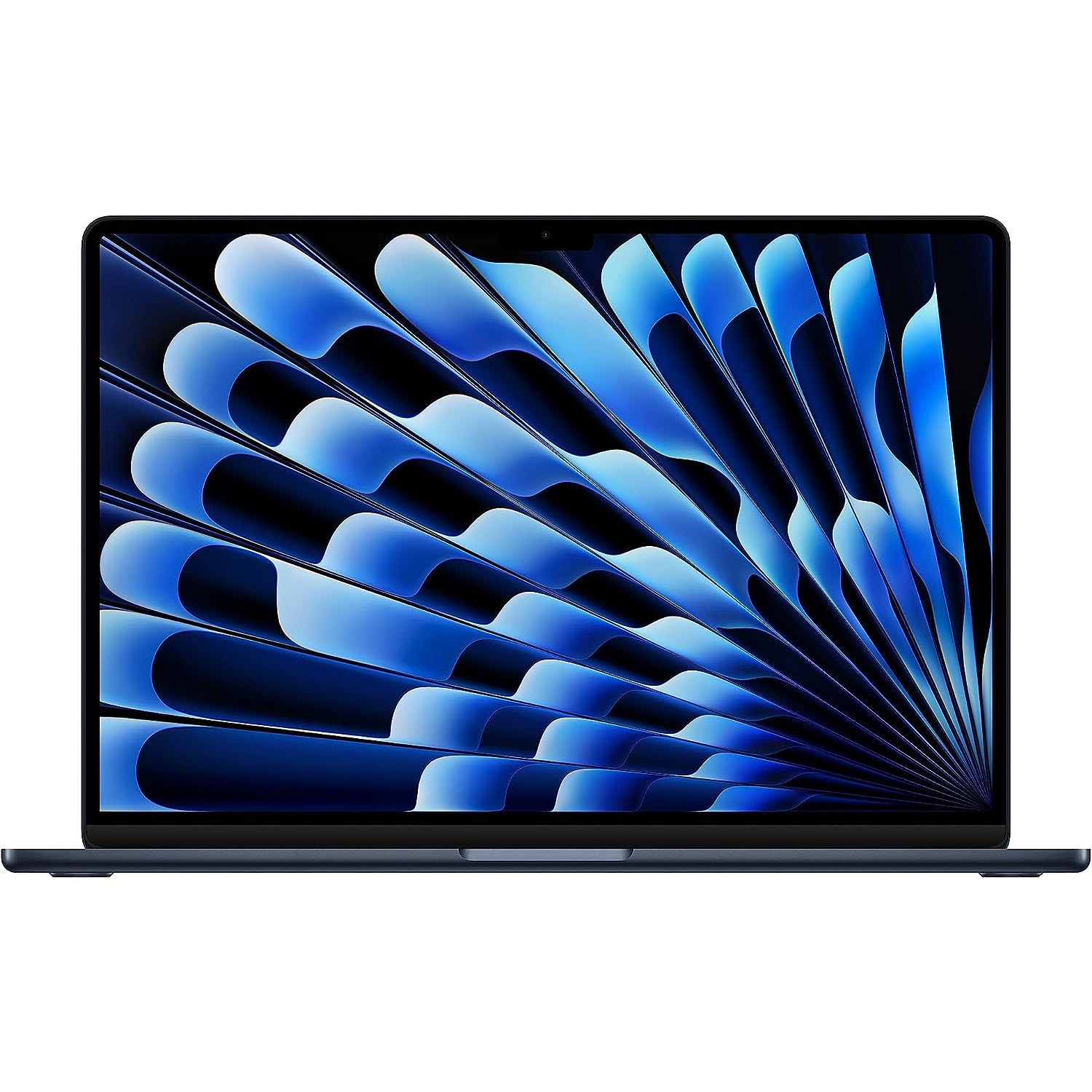
The MacBook Air M3 is the best MacBook for the money. You get fantastic performance from the new M3 chip, a brighter and bigger display and jaw-dropping battery life, all in a 13-inch or 15-inch chassis that's easy to slip into a backpack.
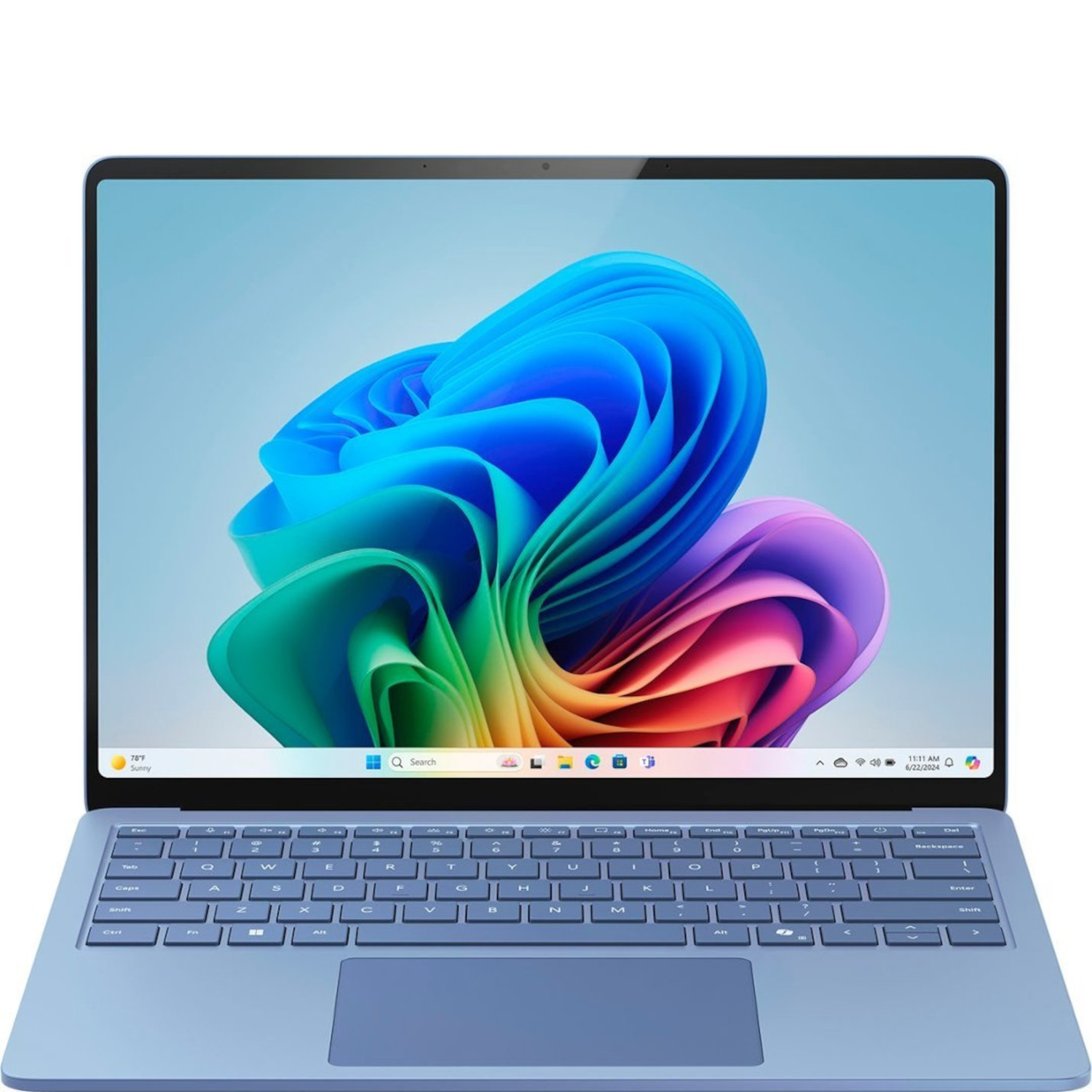
While not a perfect laptop, Microsoft has harnessed the power of Qualcomm’s latest chips to create a true MacBook Air competitor that is speedy and pleasant to use thanks to its Sleek and light design, fast Snapdragon X processor and stellar battery life.
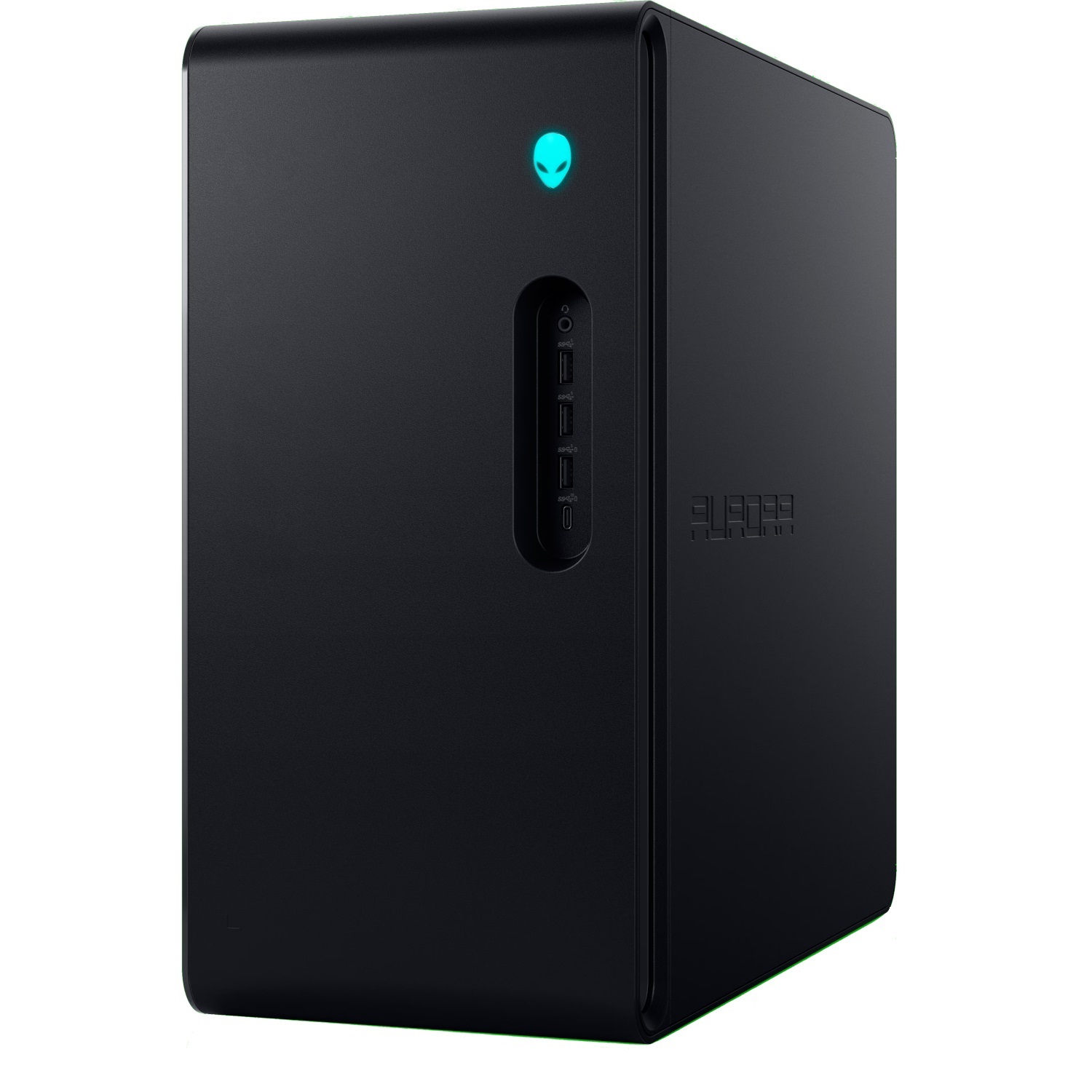
If you want a powerful mid-range gaming PC that won't draw much attention in your dorm, look no further than the Alienware Aurora R16. It's got power where it counts and said power won't cause the Aurora R16 to melt thanks to its advanced cooling tech that keeps the PC running cool and quiet.
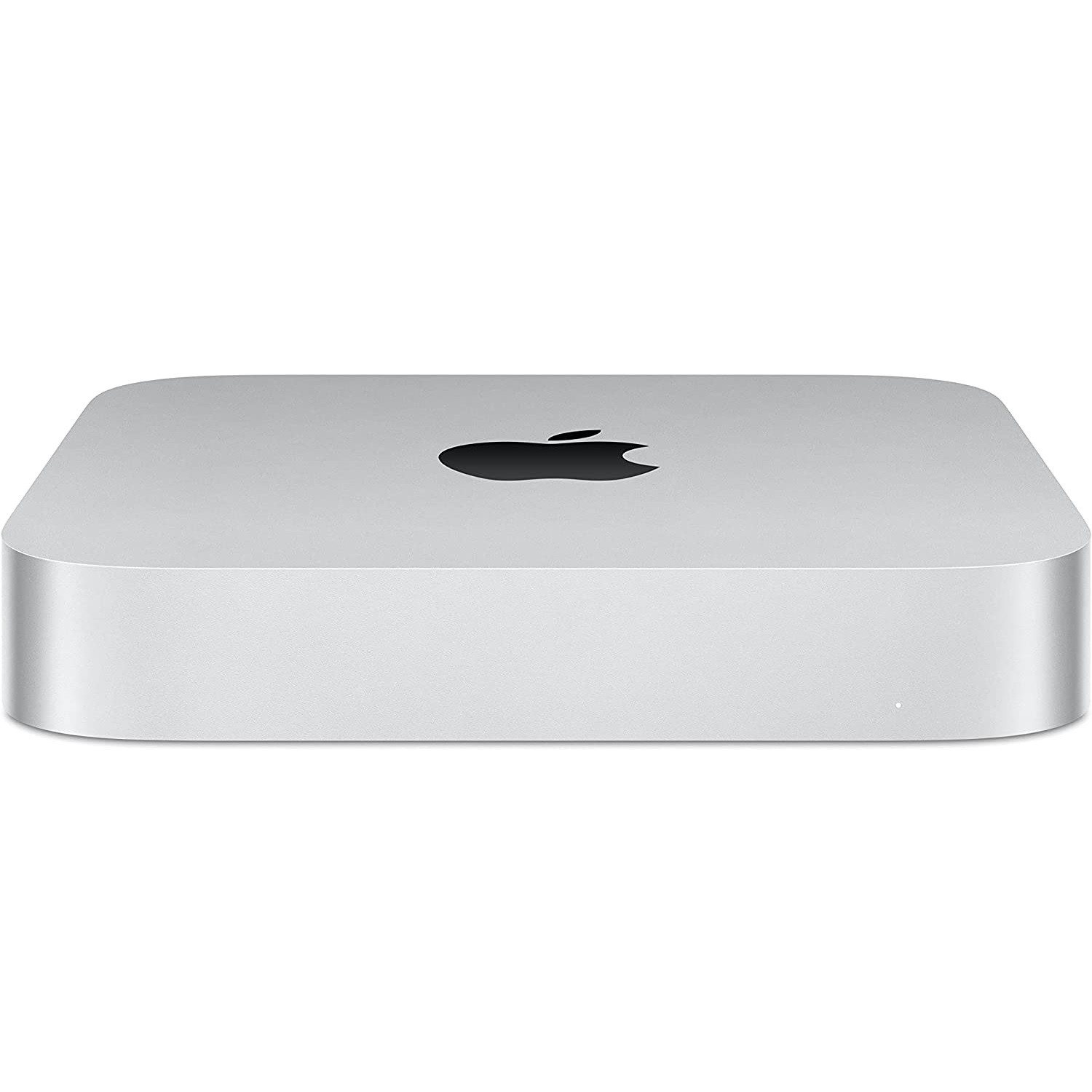
The Mac mini M2 is a pint-sized powerhouse that’s cheaper and faster than its predecessor thanks to the speedy M4 chip. The option to upgrade it with an M4 Pro sweetens the deal, turning this into a decent Mac for gaming or light photo/video editing. It’s a great mini PC for Mac fans.
Load the next computer
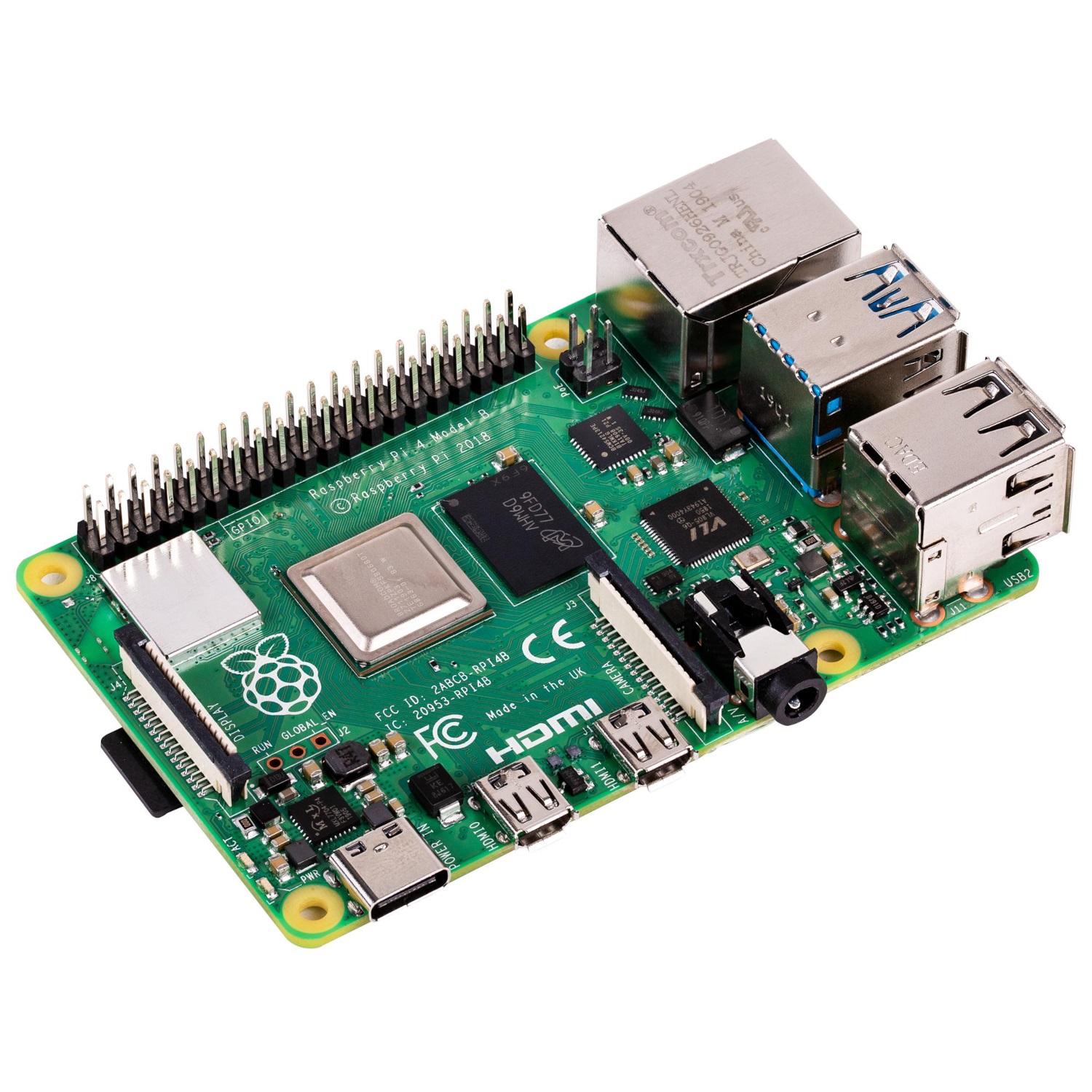
The Raspberry Pi 4 Model B has a powerful processor, 4K video output and an improved part selection. It offers enormous value for projects ranging from simple to complex, from its enhanced processing and graphics to offering broad compatibility with older accessories.

Tony is a senior staff writer at Tom’s Guide covering laptops, tablets, Windows, and iPadOS. During his off-hours, Tony enjoys reading comic books, playing video games, reading speculative fiction novels, and spending too much time on Twitter. His work has appeared in publications such as Laptop Mag, PC Mag, and various independent gaming sites.
The best student computers right now
Why you can trust Tom's Guide
The best student computer overall

Specifications
Reasons to buy
Reasons to avoid
Apple's iMac recently received a shot in the arm known as the M4 chip, and the boost in performance helps cinch its place at the top of our charts as the best student computer you can buy today.
I recommend this Mac to students and families because it offers a beautiful 24-inch 4,5K display, an excellent 12MP webcam with support for Center Stage and Desk View (which means it can follow you as you move around in front of it, or send a separate video feed of what's on your desk in front of you when FaceTiming) and a great six-speaker sound system built in. Plus, this is the first model that comes with an optional nano-texture coating on the glass, which makes it more glare-resistant for an extra fee.
Of course, it's not a perfect computer. There's no option to adjust the height of the display or order it with a VESA mount, so extraordinarily tall or short folks may need to awkwardly rearrange their desk to get it seated in a comfortable position. And there's no HDR support and no option to get it with a touchscreen or an OLED/mini-LED screen, which handicaps that luscious 24-inch 4.5K display.
But none of those flaws keep it from being the best student computer for most folks on the market.
Read our full Apple iMac M4 review.
The best Windows student computer
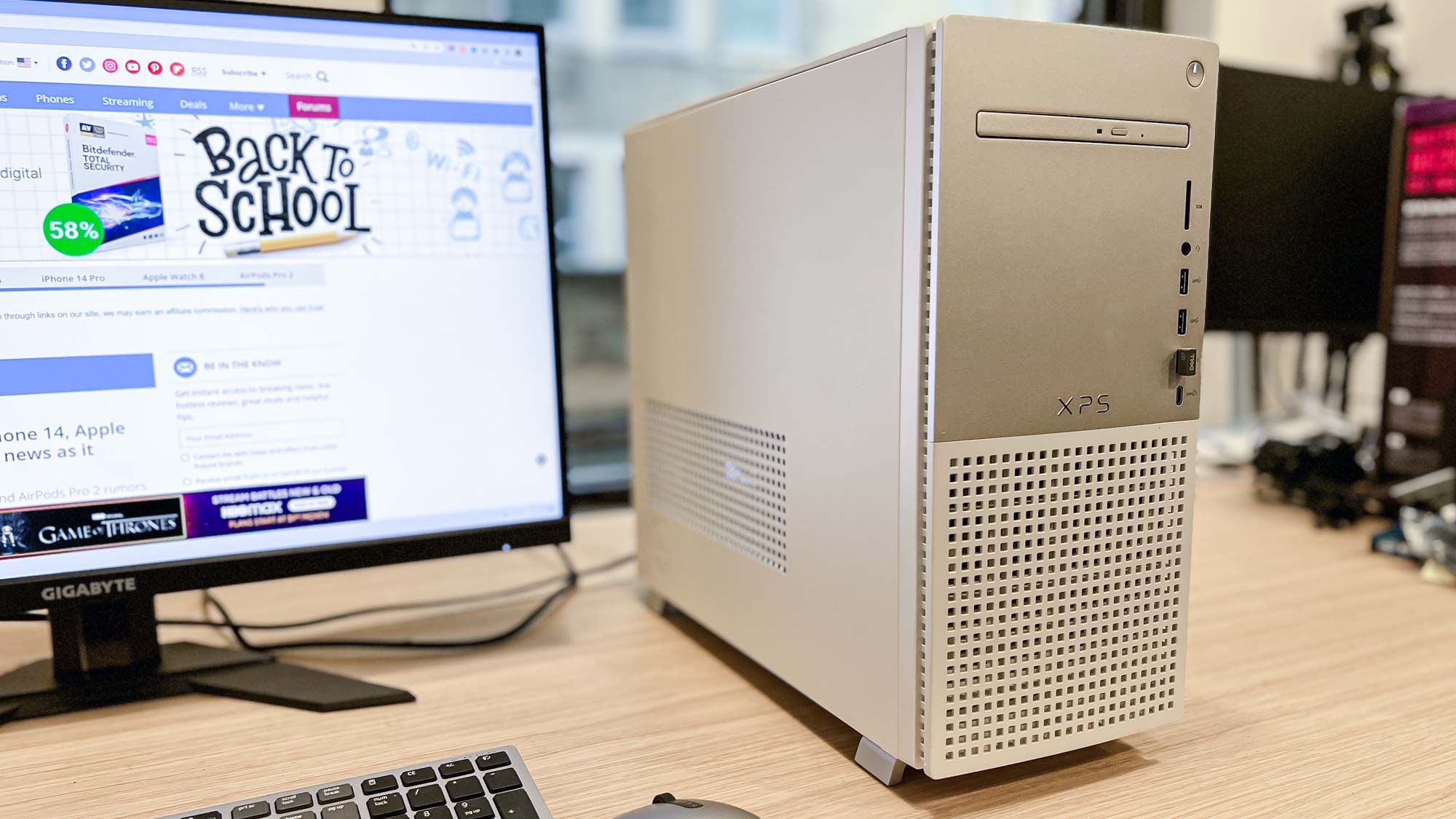
Specifications
Reasons to buy
Reasons to avoid
The Dell XPS 8950 is one of the best Windows PCs for students because it's a solid entry-level machine that's small, quiet, affordable, and packed with components powerful enough to tackle any school project — or play the latest games at a steady clip.
The XPS 8950 is a great investment for students because it packs those powerful components into a low-key, unassuming chassis that won't look out of place in a dorm or office setting. And while the inside is a little cramped, there's plenty of room to tinker and upgrade as your needs change, and you don't need any tools to open up the chassis — you just need to remove two thumb screws and a side panel.
Read our full Dell XPS 8950 review.
The best MacBook for students
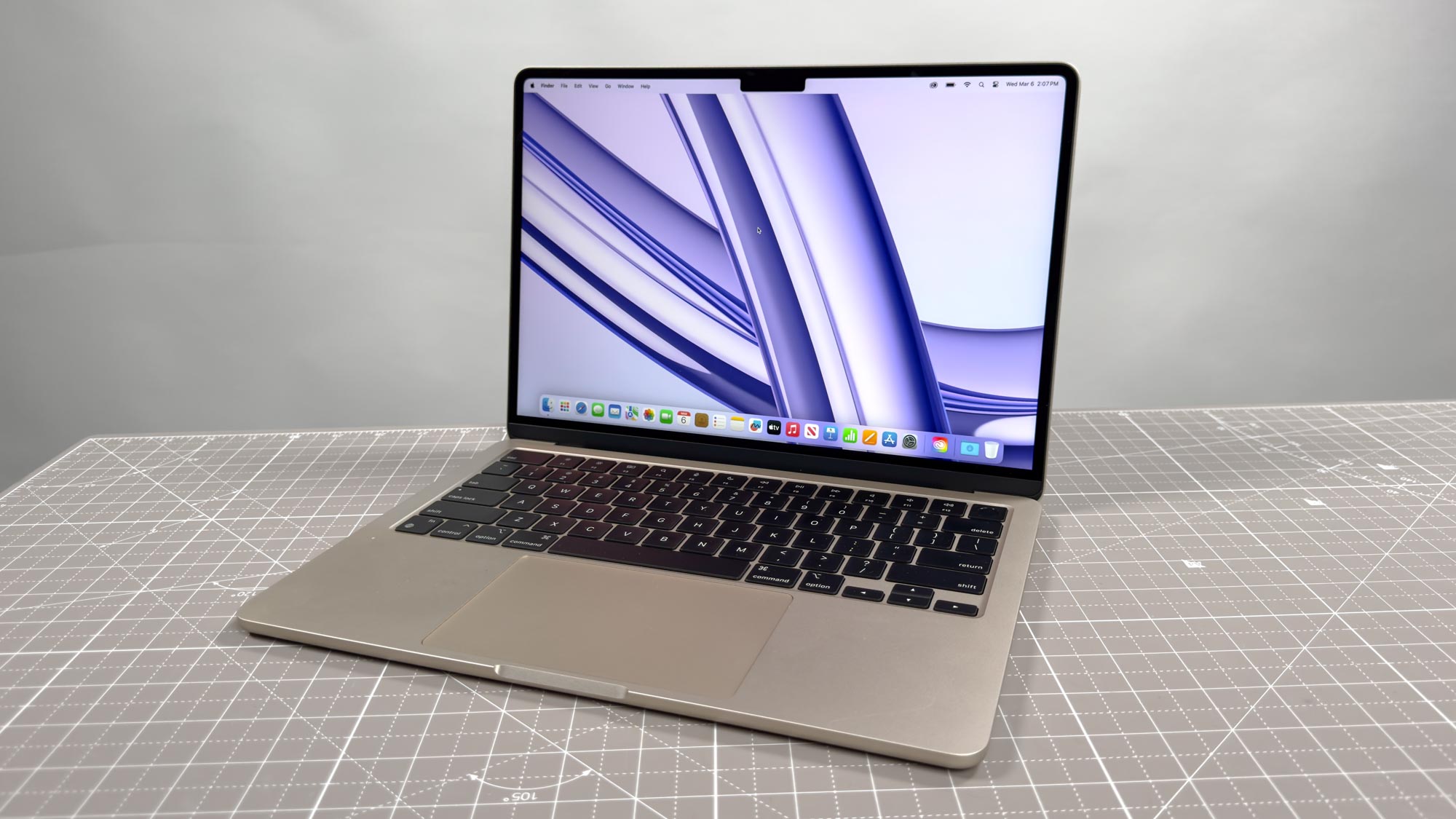
Specifications
Reasons to buy
Reasons to avoid
The MacBook Air M3 will keep its charge through multiple classes, breaks and all-nighters. Plus it delivers remarkable speed in an ultraportable chassis, making it the #1 MacBook I recommend to students.
It's great because the 13-inch model survived on the Tom's Guide battery test for 14 hours and 33 minutes, while the 15-inch lasted an even more impressive 15:13. Its performance is also significantly improved over the older MacBook Airs. The M3 chip makes the MacBook Air a shockingly decent system in multiple ways, giving it plenty of power for your studies.
Plus, you can run iOS and iPadOS apps on the MacBook Air, as its M3 processor is similar to the A-series iPhone and iPad processors. Living the remote learning life? You'll look clearer and more accurate than ever, as signal processing in the M3 makes the MacBook Air webcam better than ever. Its Magic Keyboard is really great for typing comfortably for hours on end. Also, its current $999 price makes the 13-inch model the most affordable MacBook out there.
Read our full Apple MacBook Air M3 review.
The best Windows laptop for students
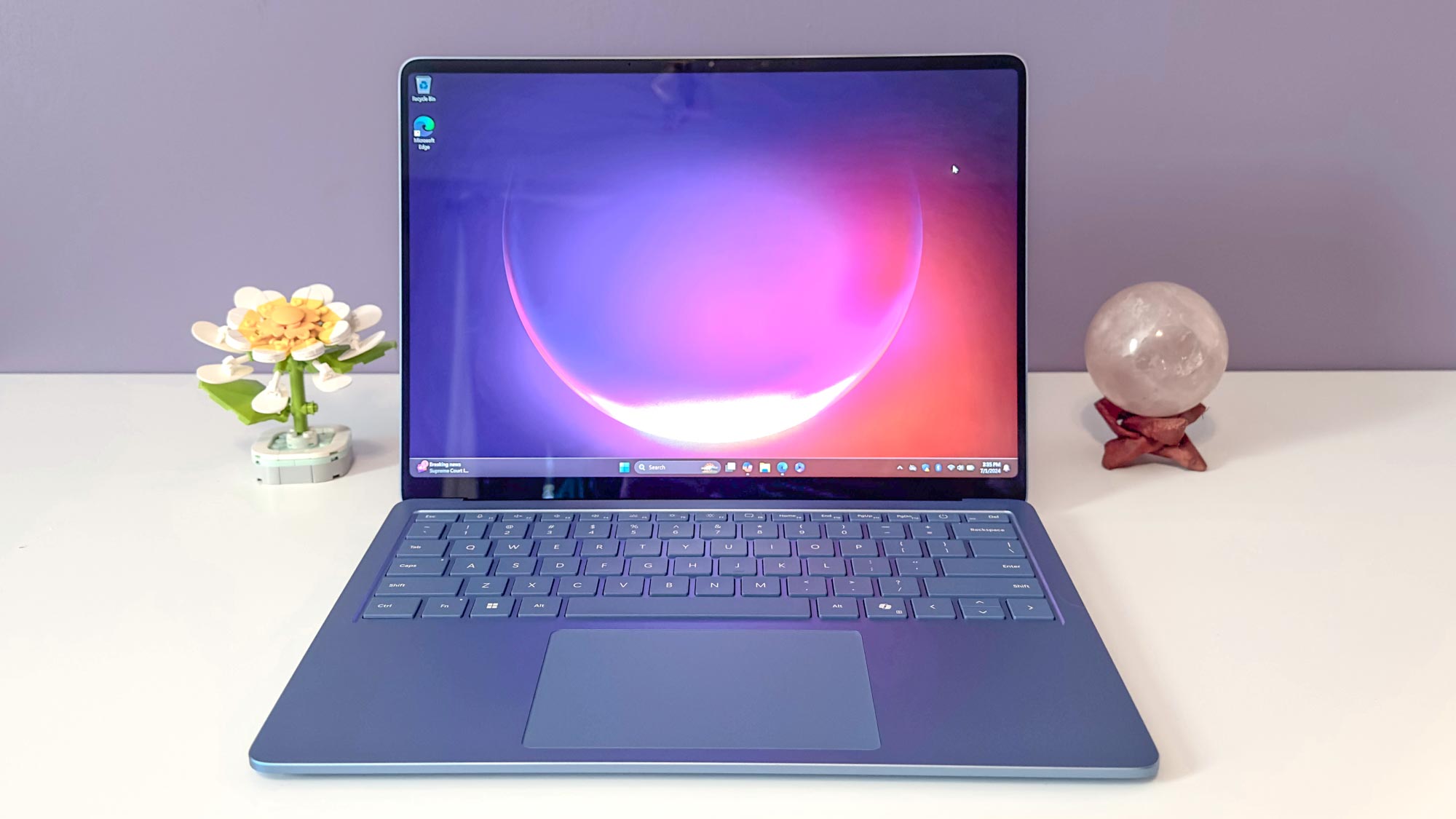

Specifications
Reasons to buy
Reasons to avoid
Overall, Microsoft got it right with the latest version of the Surface Laptop 7. While the AI features aren't particularly useful in their current state, you can ignore them and still have one of the best-performing laptops on the market. The battery life will get you through a full day of work and play with ease. Add in the slick design and nice color choices, and you have a device you’ll be proud to carry with you everywhere.
For those who like Windows 11, we have no problem recommending this laptop — whether you choose the base model or decide to invest a little more for a larger screen, more performance or both.
Read our full Microsoft Surface Laptop 7 review.
The best gaming computer for students
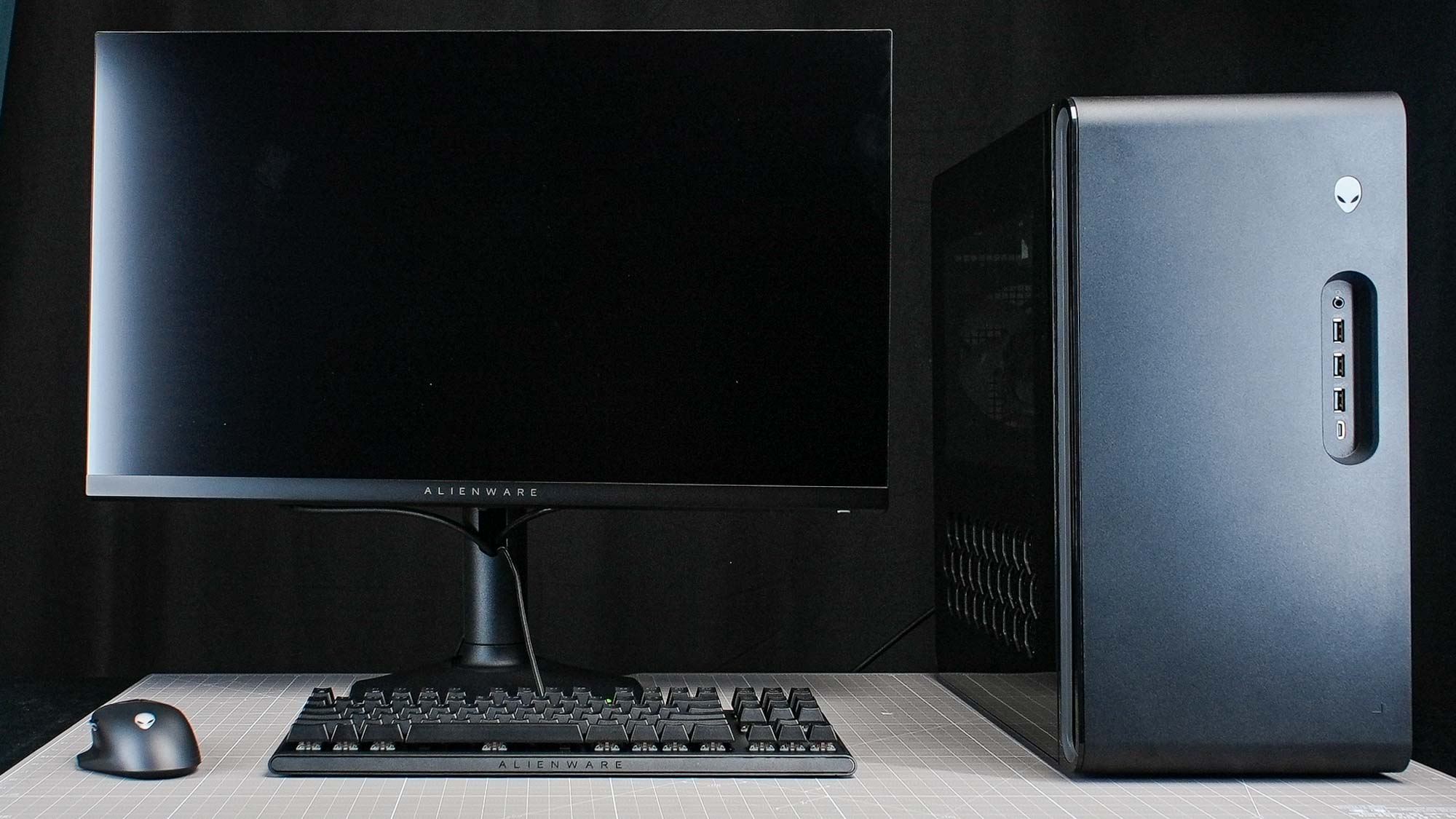
Specifications
Reasons to buy
Reasons to avoid
The Alienware Aurora R16 ($1,749 to start) is the latest in the company's line of Aurora gaming PCs, though you could be forgiven for not initially recognizing this rig as a gaming machine.
Unlike its predecessor the Alienware Aurora R15, which sports an ultra-futuristic design that screams "gaming PC," the Aurora R16's Legend 3.0 design is decidedly subdued. Minor flourishes aside, this Alienware desktop wouldn't look out of place in an office.
While it may not look flashy, it's got power where it counts since you can configure this rig with the latest Intel processors and Nvidia GeForce RTX 40 series GPUs. And all that power won't cause the Aurora R16 to melt thanks to its advanced cooling tech that keeps the PC running cool and quiet.
Read our full Alienware Aurora R16 review.
The best mini PC for students
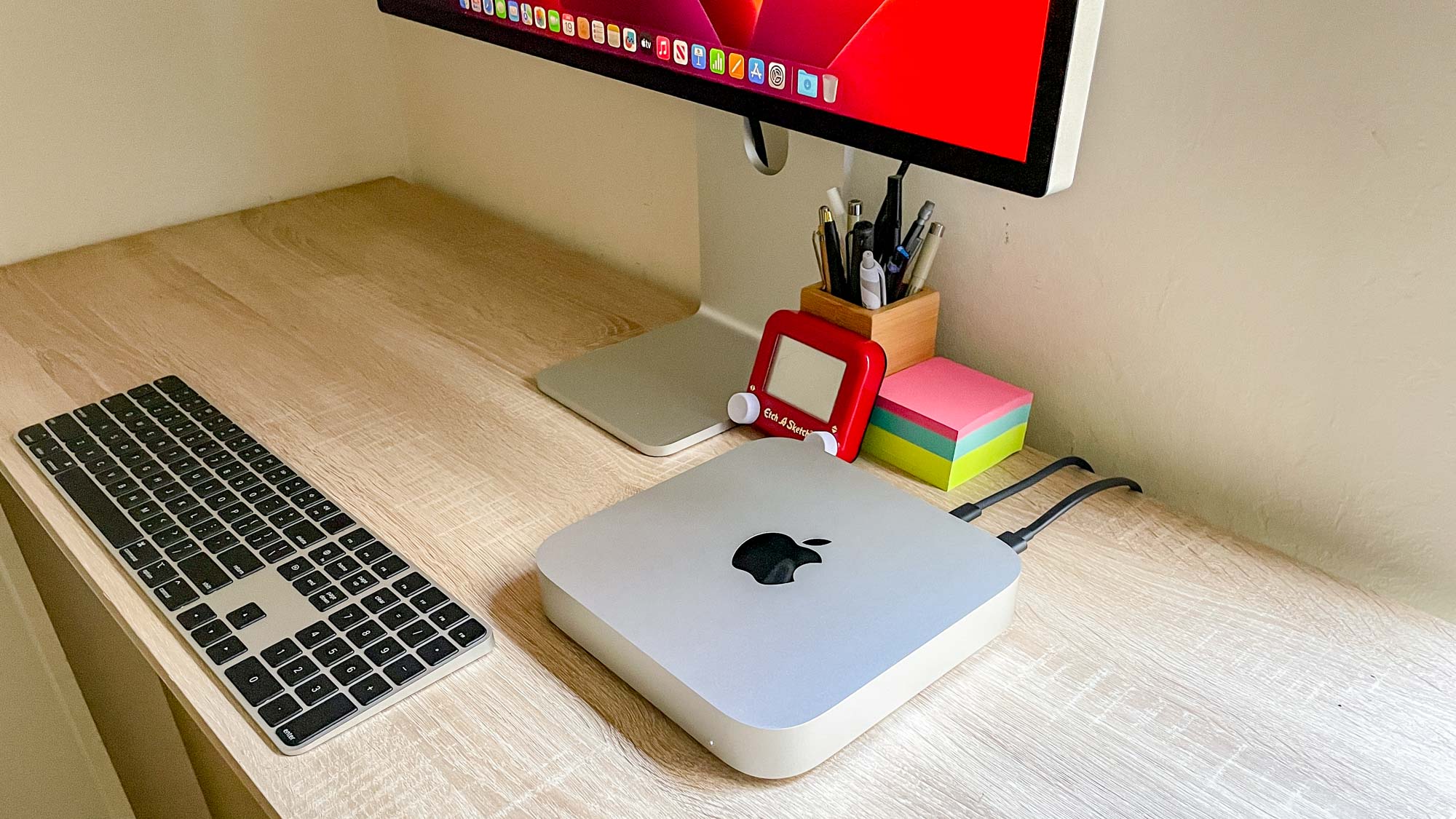
Specifications
Reasons to buy
Reasons to avoid
Sometimes a student wants a slim, subtle PC to sit unobtrusively on their desk. For those students we recommend the Apple Mac mini M2: it's everything we loved about the Mac mini with M1, but now it's cheaper and faster thanks to the addition of Apple's custom M2 chip.
The M2 Mac mini is the most affordable of Apple's current crop of Macs, and it delivers huge value for a decent price. You won't be playing the latest PC games or crunching huge video files with ease, but for most schoolwork, the Mac mini M2 should be more than capable enough. You'll need to hook it up to your own monitor, keyboard, and mouse, but that's par for the course when purchasing PCs.
Read our full Apple Mac mini M2 review.
The best computer for DIYers
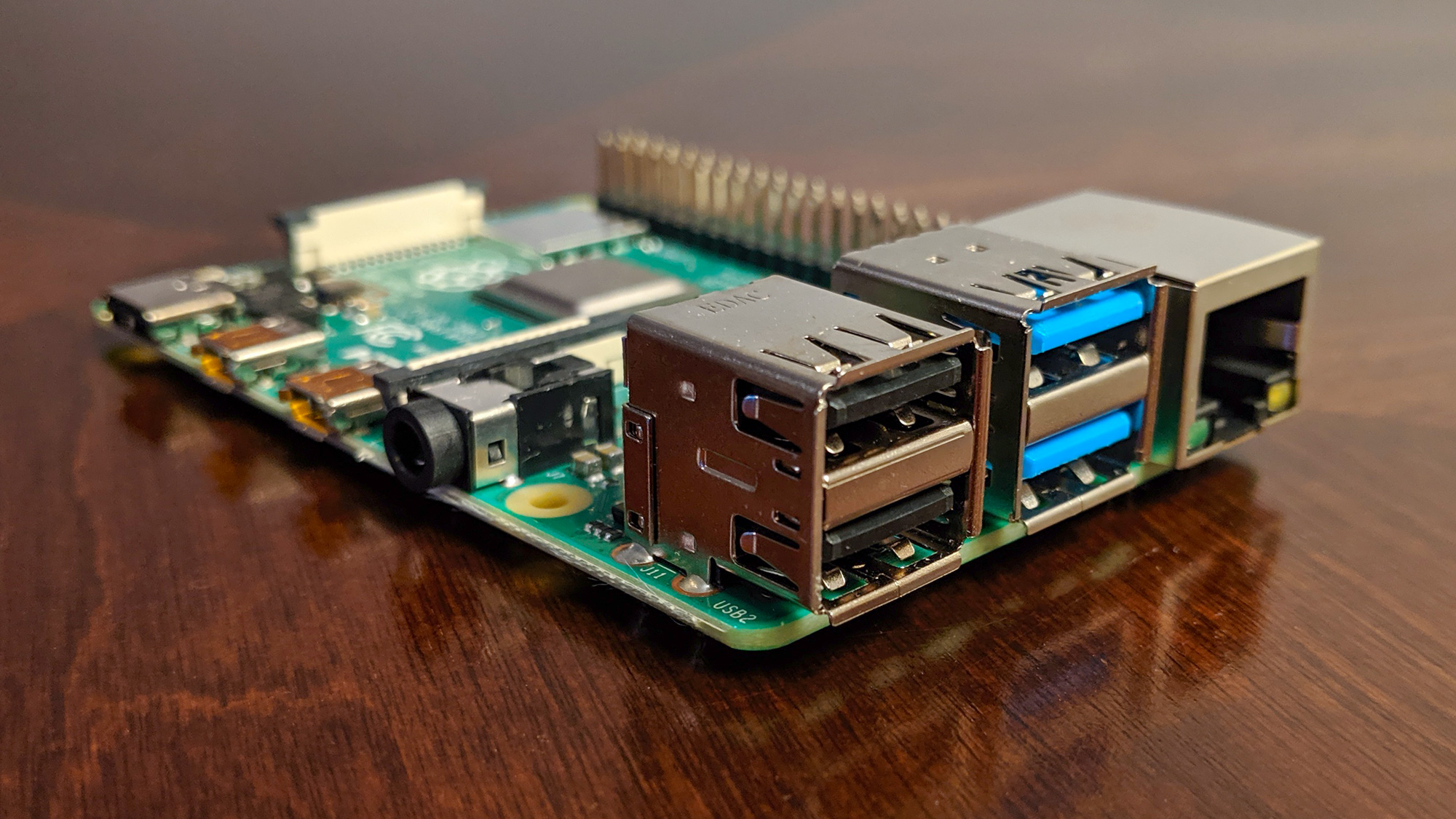
Specifications
Reasons to buy
Reasons to avoid
The Raspberry Pi ushered in a new era of DIY tech, and the $35-$55 Raspberry Pi 4 Model B pushes that to new heights with a more powerful processor, 4K video output and an improved part selection. While this incredibly affordable DIY PC is powerful enough to work as a standalone PC in a pinch if you want to install Windows on it, that's not really the ideal way to use this computer.
Instead, the Raspberry Pi 4's real value for students lies in how many projects you can build with it. While it's nothing more than a fancy circuit board out of the box, once you kit it out with a power supply, monitor(s), and whatever input devices you prefer, you can turn it into everything from a tiny PC to a web server to a home media center or a retro gaming machine.
If you want a ready-made PC for homework and papers you'd be better off with another PC on this list, but if you want a cute little DIY PC board you can use for all sorts of cool student projects, you can't go wrong with the Raspberry Pi.
Read our full Raspberry Pi 4 Model B review.
How we test the best student computers
As we evaluate and review all sorts of computers — such as best all-in-one computers, best gaming PC and best mini PCs — we run a series of standardized tests to measure how each machine performs, what uses it's best suited to, and what sort of capability you get for the price.
These standard tests include generalized performance benchmark tests, like Geekbench 4 and 5 (for processor performance), 3DMark Fire Strike Ultra (for graphics), and a custom file transfer test to measure hard drive performance.
Gaming-oriented benchmarks test the performance of systems using current games, measuring the frame rates each desktop will produce in games like Tomb Raider, Far Cry: New Dawn, Red Dead Redemption 2 and Middle-earth: Shadow of War. We'll also run individual game tests and the SteamVR performance test to evaluate how well-suited they are to the unique demands of virtual reality.
Most importantly, we spend a ton of time simply using each desktop computer for everyday activities. We watch movies, do work, play games, and blast music on the speakers, all to get a better sense of which ones are worth your money.
Sign up to get the BEST of Tom's Guide direct to your inbox.
Get instant access to breaking news, the hottest reviews, great deals and helpful tips.

Tony is a computing writer at Tom’s Guide covering laptops, tablets, Windows, and iOS. During his off-hours, Tony enjoys reading comic books, playing video games, reading speculative fiction novels, and spending too much time on X/Twitter. His non-nerdy pursuits involve attending Hard Rock/Heavy Metal concerts and going to NYC bars with friends and colleagues. His work has appeared in publications such as Laptop Mag, PC Mag, and various independent gaming sites.
